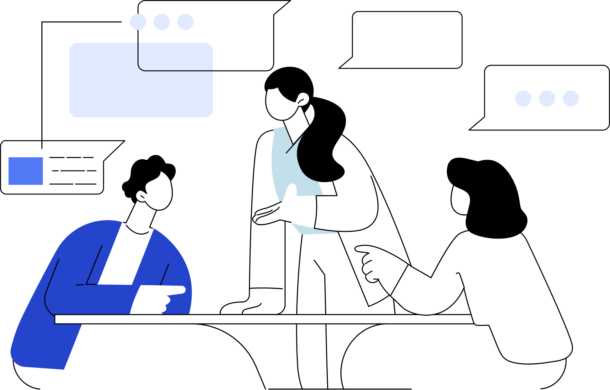
Includes mediation for separating couples/divorce, families in dispute, issues concerning older family members and child inclusive mediation
Site Search:

Mediation is a process which can help those in conflict to resolve their issues, determine their own outcomes, in total confidence through skilled and neutral professional guidance. For those in dispute – Mediation is a great option.
Voluntary * Confidential * Impartial * Self-Determining.
Mediation can offer many benefits including reducing cost, time and stress. It has very high success rates and the outcome is agreed by the parties not for the parties


Each Mediation is different but certain factors are consistent in every case, such as an impartial Mediator, one-to-one meetings with the Mediator and joint meetings with both parties
Read More about the mediation process
Includes mediation for separating couples/divorce, families in dispute, issues concerning older family members and child inclusive mediation

Includes situations where parties are in dispute in a commercial or business environment including consumer/supplier and landlord/tenant disputes

Includes neighbourhood disagreements, integration disputes and bringing a perpetrator and victim together

Includes climate, agriculture, farms and agri-food disputes and disputes between parties either damaging or protecting the environment

Includes conflict in a place of work, a committee or an organisation.